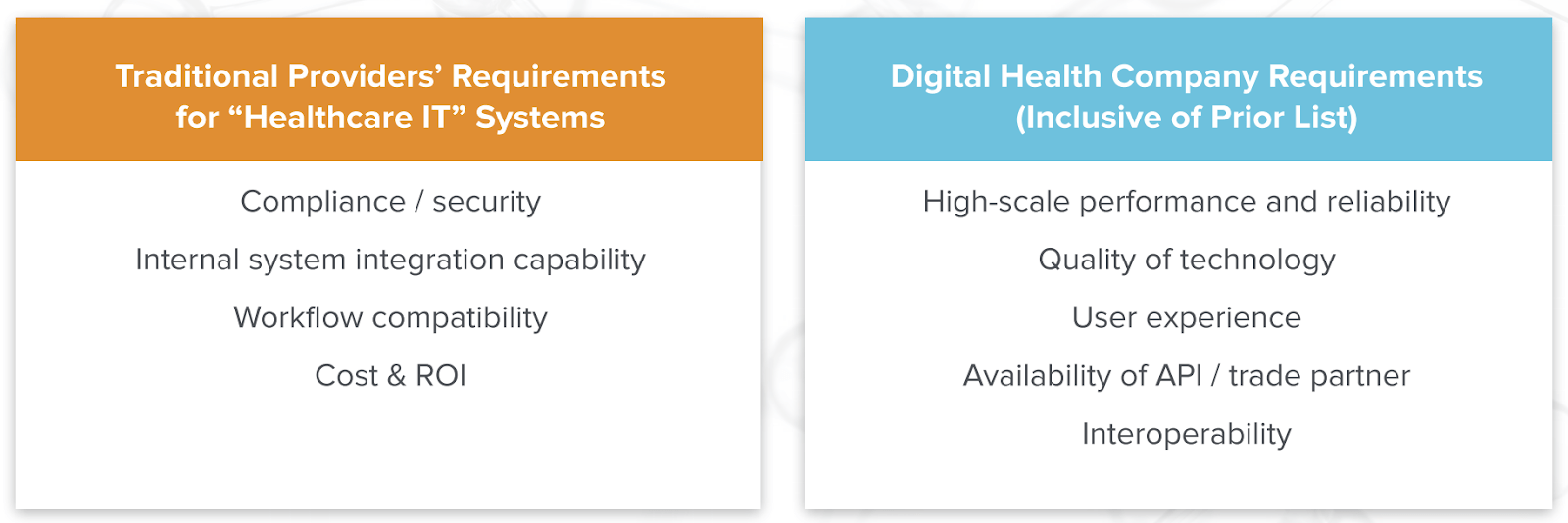Mar 8
2021
API-First Solutions Are Becoming The Foundations For Telehealth Efficiently and Scale
By Nick Macario, CEO, Verifiable.

Andreessen Horowitz, one of the most well-known venture capital firms in Silicon Valley, having made notable exits including Airbnb, Facebook, Box and Slack, is often at the precipice of significant software trends, including those signifying industry disruption. The firm is taking some of its focus on the rapid innovation occurring within the digital health space.
For example, Julie Yoo, general partner at Andreesen Horowitz, recently issued a report defining “The New Tech Stack For Virtual First Care.” In the report, Yoo says API-first solutions are, and will continue, helping telehealth companies rapidly build more scalable, efficient operations.
Digital Healthcare Surges As the World Focuses On Patient Care
For obvious reasons the recent growth in the overall digital health market has been explosive. Yoo points out that 2020 was a record-breaking year in the number of digital health companies that got started and funded, as well as the extensive growth these platforms achieved in both patient utilization and revenue. In her analysis, more than 1,000 full-stack digital health companies began in the past three years.
“We’re truly entering into a new golden era for healthcare technology,” she noted in her report.
Legacy Healthcare IT Fails Digital Health
New virtual care companies require much of the same back-end infrastructure as traditional healthcare providers; however, legacy healthcare IT solutions lack flexibility, interoperability, and scale required. Many digital health companies are trying to build their tech stacks or outsource manual operations — either approach is a mistake.

(Image source from “New Tech Stack of Virtual Care Delivery,” Andreessen Horowitz)
The “New Tech Stack For Virtual First Care”
Yoo point out that “in the same way that Plaid, Stripe and AWS abstracted out entire layers of infrastructure and dramatically reduced the cost and time to stand up a new tech business, these health-tech companies are now allowing digital health startups to accelerate their time to market and really focus on the higher-order elements of their products and services to deliver game-changing care to patients.”